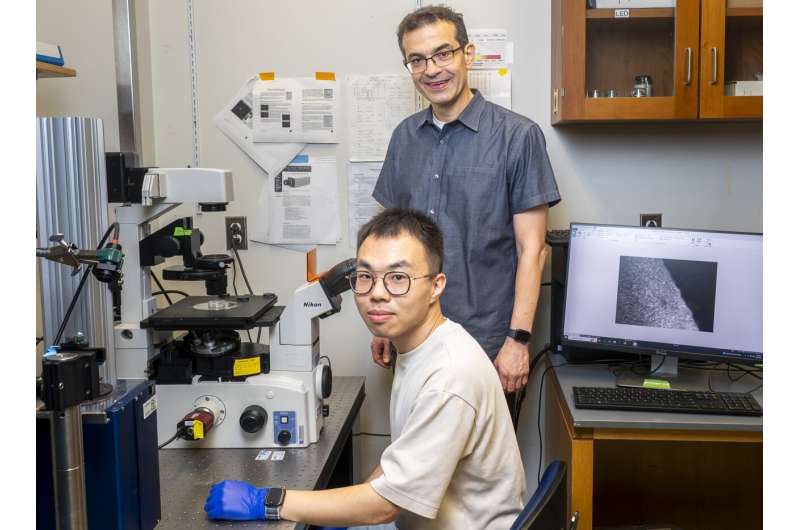More than 800,000 Americans suffer a heart attack every year. Even if they survive the initial event, the damage to the heart is often permanent because heart muscle cells do not naturally regenerate. Patients are left with weakened heart contractions that can lead to heart failure or dangerous irregular heart rhythms called arrhythmia that can be fatal. Current therapies can only slow down disease progression and are limited in restoring lost function.
Now, researchers have shown they can help the heart to normalize strength and rhythm by delivering an engineered bacterial sodium channel to the damaged heart. The researchers first showed they can successfully improve contraction strength of injured lab-grown human heart tissues using these channels. In subsequent studies in macaque monkeys with heart damage mimicking that found in human heart attack, the gene therapy largely restored the heart’s ability to pump blood and prevented arrhythmias within weeks of administration.

